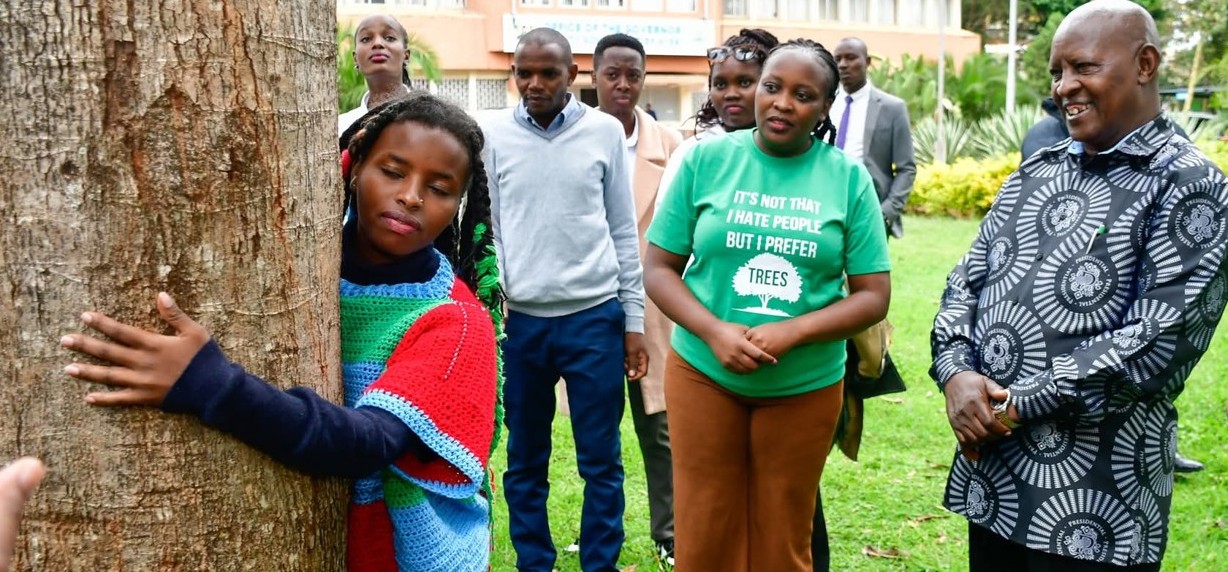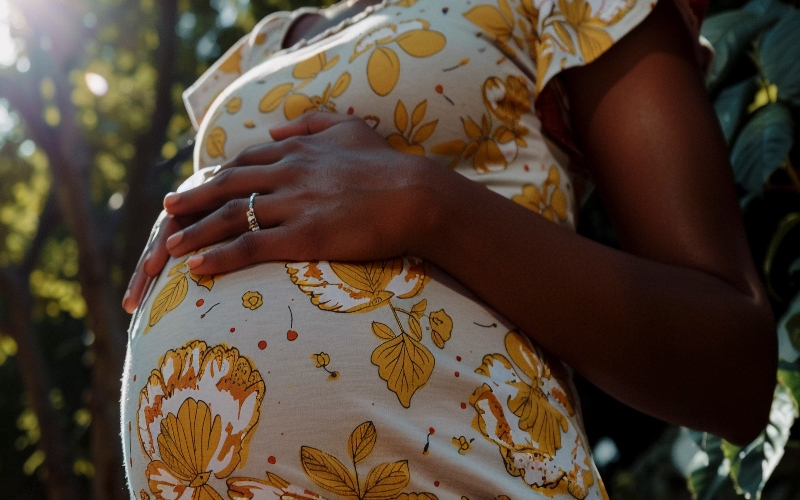Blow to content creators as court declines to suspend ban on online alcohol ads

The case was filed by content creators Fidel Shammah Omusula and Brian Muthengi Kimanzi, who argued the policy was introduced without consulting stakeholders and threatens the income of thousands of young Kenyans who depend on digital brand deals.
The High Court has refused to temporarily stop the government’s recent ban on online alcohol advertisements, dealing a setback to digital content creators who had challenged the new policy.
In a decision delivered on Tuesday, Justice Bahati Mwamuye declined to issue interim orders suspending Clause 6.5.2 of the National Policy for the Prevention, Management and Control of Alcohol, Drugs and Substance Abuse (2025), which restricts alcohol-related content on digital platforms.
More To Read
- Murkomen warns politicians over hired goons, rising SGBV cases
- Murkomen warns perpetrators of by-election violence will face action
- Inside the rise of news influencers transforming media in Kenya, Nigeria and South Africa
- Murkomen warns politicians against deploying supporters to by-election tallying centres
- Murkomen defends recall of Natembeya's security detail ahead of Thursday's by-elections
- Families demand resettlement as 31 landslide victims are laid to rest in Chesongoch
The case was filed by content creators Fidel Shammah Omusula and Brian Muthengi Kimanzi, who argued the policy was introduced without consulting stakeholders and threatens the income of thousands of young Kenyans who depend on digital brand deals.
The judge instead directed that Interior Cabinet Secretary Kipchumba Murkomen, Attorney General Dorcas Oduor, NACADA, and the Law Society of Kenya be formally served with the petition ahead of the case’s mention on October 6.
“The respondents (CS Interior, the AG and NACADA) and the interested party (LSK) shall enter appearance and file and serve their respective responses to both the application and the petition by close of business August 29, 2025,” the judge ordered.
“Mention on October 6, 2025, to confirm compliance and to take further directions on the expedited hearing and determination of the Application and/or the Petition.”
The case comes amid rising frustration among creators who say the digital ad ban is not only unconstitutional but threatens their livelihoods. The petitioners say the clause banning influencer marketing was imposed without involving those directly affected.
“Pending the inter partes hearing and determination of this application, a conservatory order be issued staying the implementation, enforcement, or operationalisation of the National Policy for the Prevention, Management & Control of Alcohol, Drugs & Substance Abuse (2025),” the petition reads.
“If the Court does not act now, the policy will cause irreparable harm to us and thousands of Kenyans who rely on brand partnerships for their survival. It will render this case useless if damage is already done,” Omusula said.
While the government defends the measures as necessary to protect young people from rising substance abuse, the petitioners insist the law violates rights and was passed without consultation.
“We were not consulted, yet we are directly affected. The policy was imposed without hearing from content creators, advertisers, or the digital community,” Omusula stated in his affidavit.
Through their lawyer, Joseph Makau, the two petitioners argue that the digital ad ban discriminates against young online entrepreneurs who rely on platforms like Instagram, TikTok, and YouTube for income.
“The government cannot legislate in the dark. You cannot take away livelihoods in the name of public health without engaging stakeholders,” Makau said
They argue that the ban, especially Clause 6.5.2, violates rights protected under Articles 33, 35, 43, 46 and 47 of the Constitution, including freedom of expression, access to information, economic rights, and consumer protection.
“This is a direct attack on the digital economy. Thousands of young Kenyans earn a legitimate income through digital platforms. To shut this down overnight, without consultation or due process, is both reckless and unlawful,” Kimanzi said.
Top Stories Today

















































